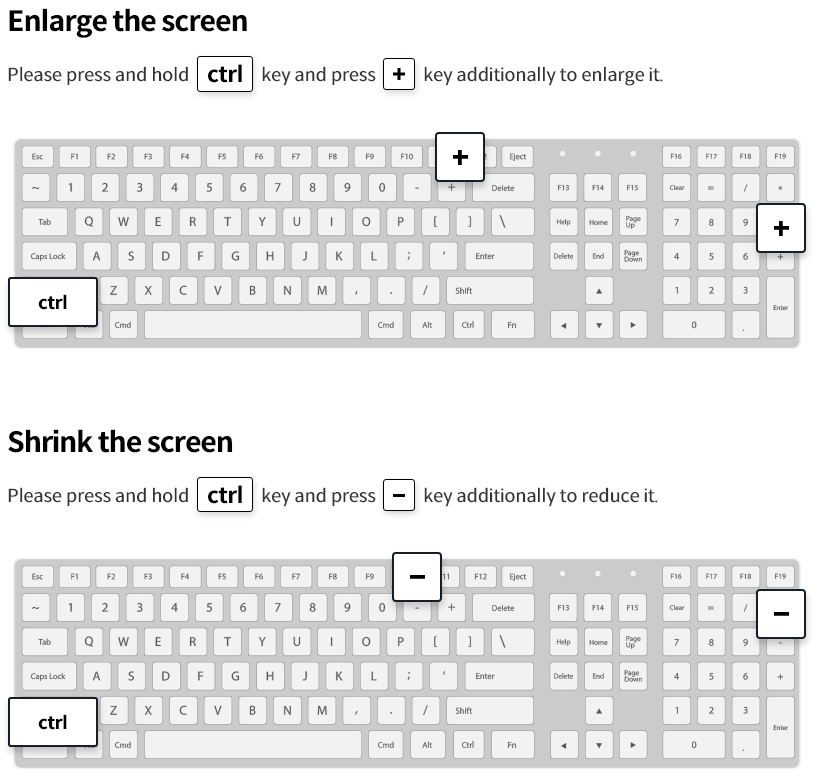The Export-Import Bank of Korea (www.koreaexim.go.kr, Chairman Lee Duk-hoon, “Korea Eximbank”) announced on September 26 that it held a seminar jointly with the International Contractors Association of Korea on how to enter overseas markets by utilizing a combination of the bank's financing instruments.
The seminar was held to explain a combination of financing options which links EDCF* loans and export financing and to introduce actual financing cases to help more Korean firms participate in PPP** projects in developing countries.
- The Economic Development Cooperation Fund (EDCF) was established by the Korean government in 1987 to promote economic exchanges with the developing world and to assist developing countries in achieving industrialization and economic stability through the provision of long-term, low-interest credit. Korea Eximbank currently manages the fund as its trustee.
- Public Private Partnership (PPP): Government-led projects that are delivered by the private party to build, expand, improve, or manage social and economic infrastructure.
Indicating high interests in overall PPP trends and financing packages Korea Eximbank offers, about 400 participants attended the seminar from over 150 organizations which include major construction and engineering companies GS E&C and Samsung C&T as well as SOC-related public organizations K-water and Korea Expressway Corporation.
The seminar consisted of four sessions: (1) Plans to provide financing packages through the EDCF; (2) Introduction to Korea Eximbank's financial products; (3) Current status of overseas PPP projects and introduction to real financing cases; and (4) Introduction to planned development projects in 2014 and 2015.
The first session, in particular, presented the EDCF's plans to promote the use of export financing attached with services such as providing concessional loans, policy advice, and guarantees to developing countries whose markets are rapidly expanding in accordance with economic growth.
In other words, the objective is to create an institutional framework needed to promote private investments in developing countries by using the EDCF's KSP consultations and complement risks associated with low-profit infrastructure projects by providing ODA loans and guarantees whereby commercial banks' burden in participating in export financing can be mitigated.
Executive Director of Korea Eximbank Yim Seong-hyeog said, "PPPs are likely to take up more share in infrastructure projects to take place in developing countries." He added, "As Korean companies have high competitiveness in sectors such as transportation, electricity, and water resources, we will proactively respond to infrastructure development demands of developing countries by using various support programs."
Infrastructure projects that developing country governments need to implement are mostly associated with low profitability and high country risks, posing limitations on attracting private investments.
Given these situations, Korea Eximbank, a state-owned financial institution and entrusted with the management of the EDCF, is offering a combination of financing to support private sector participation in export financing while providing EDCF loans to help the governments of developing countries.
By utilizing Korea Eximbank's financing package, developing countries can reduce the risks associated with PPP projects and supplement the project's profitability by using the long-term, low-interest EDCF loans .
Furthermore, private sector participants will be able to raise private funds that were unable to obtain due to market instabilities, addressing the biggest obstacle of acquiring funds in implementing large-scale infrastructure projects.


